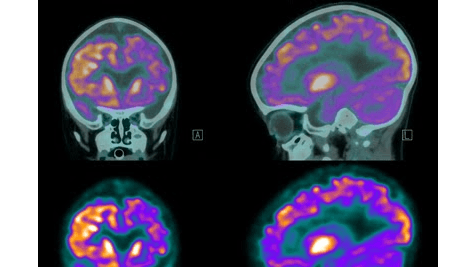H.Pylori, Gastritis & The Carnivore Diet
Helicobacter pylori, commonly known as H. pylori, is a type of bacteria that can inhabit the human stomach. It is often associated with causing gastritis and ulcers. However, the relationship between H. pylori and these conditions may not be as straightforward as once thought.
Research suggests that the symptoms of gastritis related to H. pylori can diminish significantly with dietary changes. Specifically, switching to a carnivore diet—one devoid of processed foods and carbohydrates—appears to help alleviate these symptoms for some individuals.
Lifestyle choices have a critical impact on how H. pylori affects the body. Poor dietary habits, alongside smoking, are potential risk factors that can exacerbate the damage caused by H. pylori. Conversely, adhering to a nutrient-rich diet high in proteins and low in processed substances may provide protective effects.
- Not all individuals with H. pylori suffer from gastritis symptoms.
- Diet might play a role in mitigating H. pylori's effects.
- Further research is warranted to understand the underlying mechanisms better.
The presenter speculates that H. pylori might simply be one of many bacteria capable of living in the human stomach without causing harm, provided that one's diet is balanced and excludes harmful elements like excessive processed foods and smoking.
"H. pylori may not be detrimental unless other negative lifestyle factors are present."
This perspective urges a reevaluation of H. pylori’s pathogenicity, recognizing the influence of environmental and lifestyle factors on its behavior in the stomach.
From Around The Web
Healthy Shark is a blog & weekly newsletter that curates trending news and products related to health and wellness from around the web. We also gather content from various sources, including leading health professionals, and deliver it directly to you.
Please note that we may receive compensation if you purchase any products featured in our newsletter. Healthy Shark is not affiliated with, nor does it endorse, any health professionals whose content may appear in our newsletter. The information provided is for general informational purposes only and should not be considered medical advice.
The information provided is not intended to replace professional medical advice, diagnosis, or treatment. All content, including text, graphics, images, and information available is for general informational purposes only. We do not guarantee the accuracy or completeness of any information presented and assume no liability for any errors or omissions. The content is subject to change without notice. We encourage you to verify any information with other reliable sources and consult your physician regarding any medical conditions or treatments.







